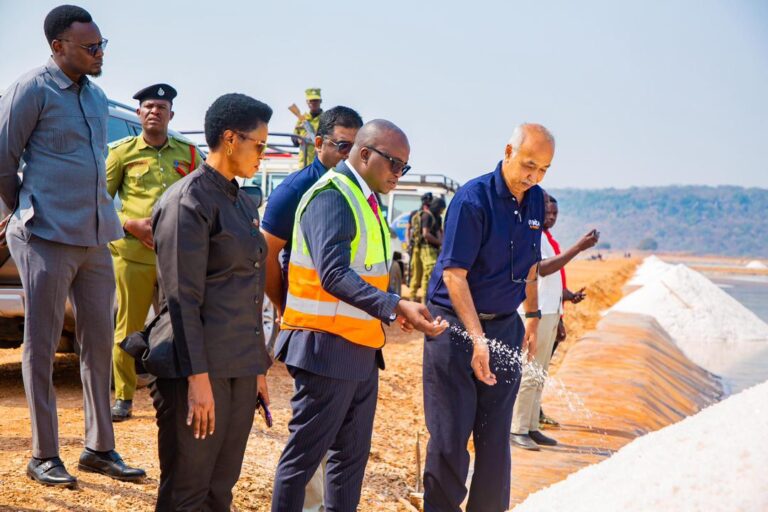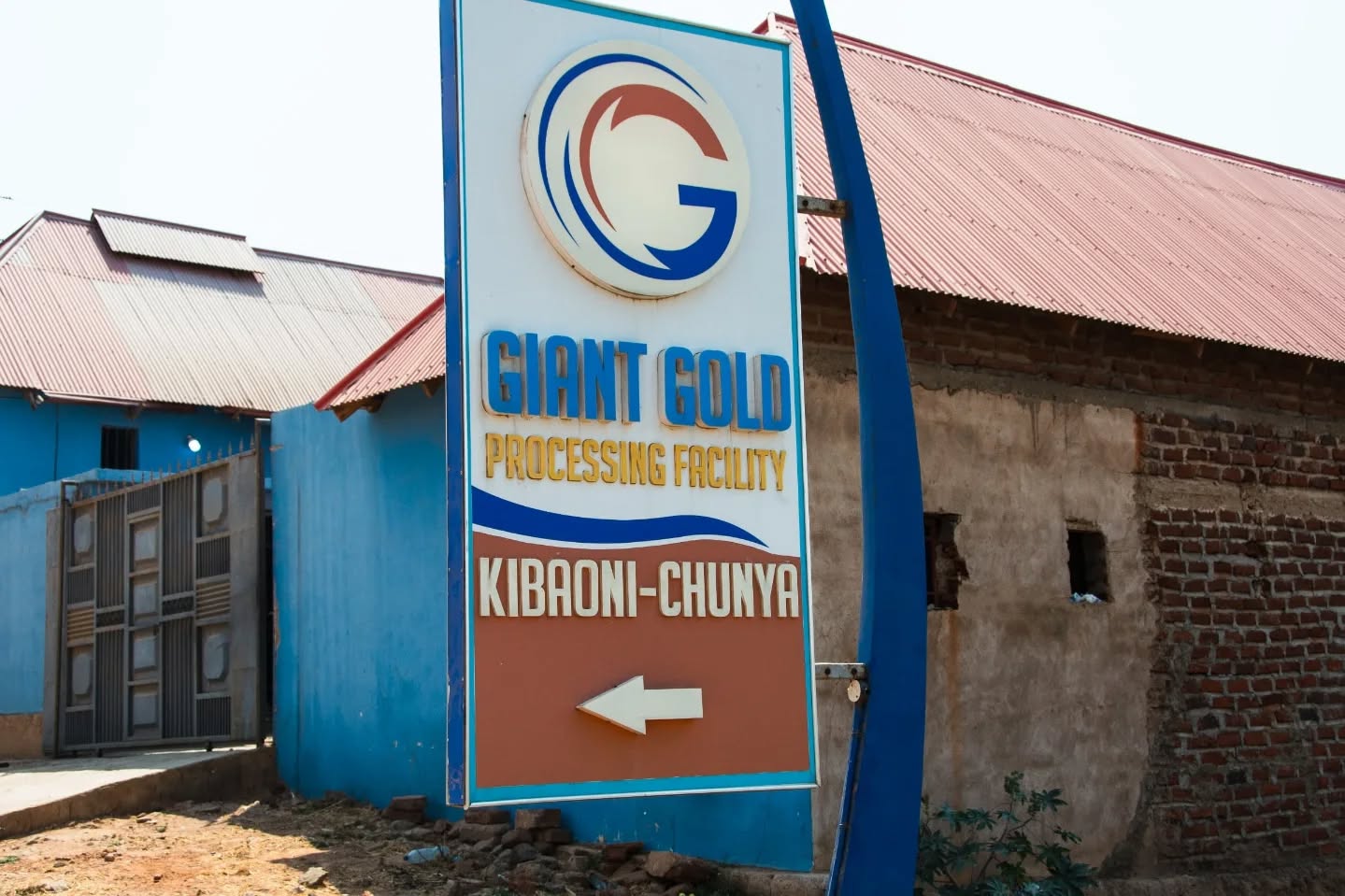Uvinza, Kigoma. Tanzania has taken another step towards reducing dependency on imported livestock mineral supplements with the launch of a salt value-addition factory in Kigoma Region.
The minister for Minerals, Anthony Mavunde, on Friday, August 15 inaugurated the Nyanza Salt factory in Uvinza District, which will produce fortified livestock salt, commonly known as Cattle Lick, from locally extracted raw salt.
The move is in line with President Samia Suluhu Hassan’s industrialisation agenda and the legal requirement for value addition to minerals mined in the country before export or domestic use.
Mr Mavunde commended Nyanza Salt for investing in downstream salt processing, noting that the initiative transforms ordinary salt into a high-value product essential for boosting livestock nutrition.
“For a long time, livestock keepers have relied on imported Cattle Lick because there was no local production. This milestone will significantly cut imports and provide a home-grown solution for farmers. I urge livestock keepers to embrace this product, which meets the country’s nutritional needs for livestock,” he said.
The minister said the government is working to create a conducive investment environment for the salt industry, which has been growing steadily in recent years.
He stressed that the ultimate goal is to eliminate the importation of raw salt for industrial use by increasing domestic production.
Tanzania has vast salt deposits, especially in coastal and western regions, but the majority of the mineral has historically been processed at a basic level, limiting its industrial value.
The government has in recent years encouraged private investors to set up refining plants to meet local demand and supply export markets.
Nyanza Salt Mines chief executive Mukesh Mamlani described the new plant as a “game-changer” for Tanzania’s livestock sector.
He said the company would ensure the product meets the required quality and safety standards so that farmers benefit fully.
Mr Mamlani also revealed that the company plans to scale up production to 120,000 tonnes of salt annually by 2027 to guarantee national self-sufficiency.
Uvinza district commissioner Dina Mathamani said Nyanza Salt’s operations have had a positive socio-economic impact on the area, creating both direct and indirect employment for more than 1,000 people during the salt harvesting and processing season.
The livestock sector remains a key pillar of Tanzania’s rural economy, with millions of smallholder farmers dependent on cattle, goats, and sheep for livelihoods.
Access to affordable and locally produced livestock supplements is expected to improve animal health, productivity, and incomes.







